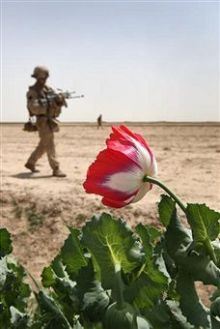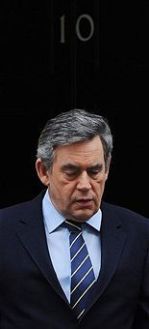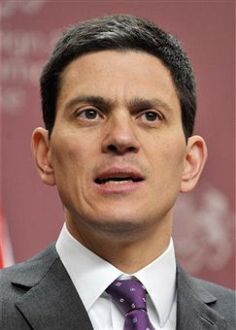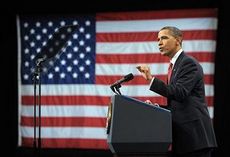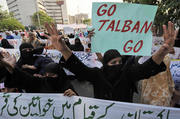Cutting drugs
On Wednesday, Baroness Kinnock told the Lords that a number of Foreign Office departments had been hit been hit by an estimated £110 million budget shortfall, and that an anti-drug program in Kabul has been cut. Coming after British dismay at President Karzai’s desire to put Afghanistan’s former (and widely-discredited) Interior Minister, Zarar Ahmad Moqbel, in charge of the country’s anti-drug effort, the cuts are bound to cause concern. Afghanistan is the world’s leading supplier of opiates, trafficked as opium, morphine and heroin. Over 90 percent of the heroin on the UK’s streets originates from Afghanistan. Though cuts to counterterrorism programs are probably ill-advised, there is less reason to worry
